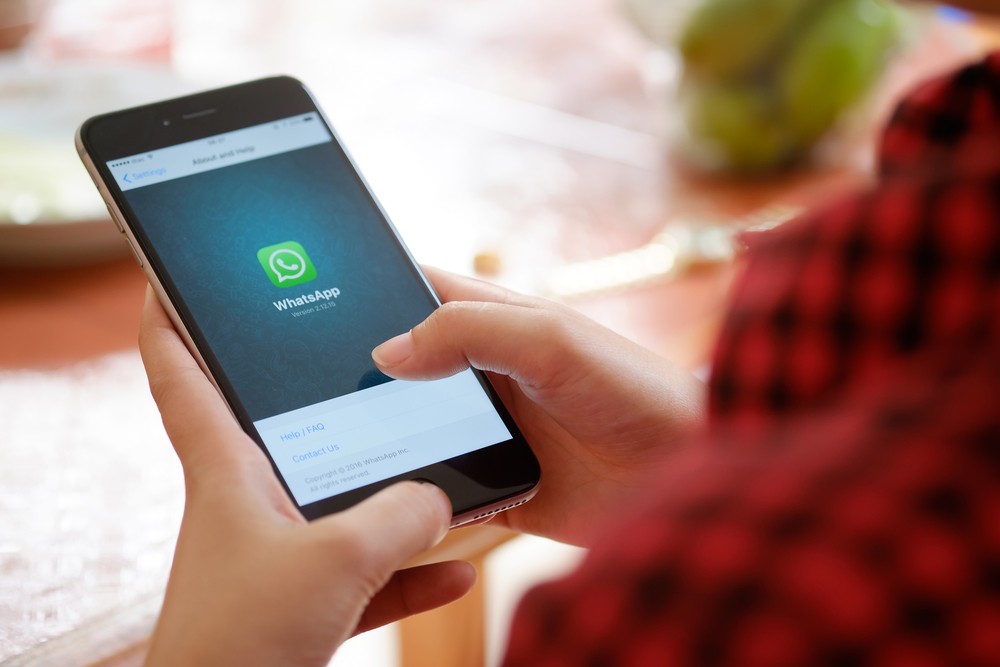Popular Reads
Top Results
Can't find what you're looking for?
View all search resultsPopular Reads
Top Results
Can't find what you're looking for?
View all search resultsRisks of using VPN and why it’s difficult to stop
Crucial data could be collected and leaked by third parties, especially if it isn’t well protected
Change text size
Gift Premium Articles
to Anyone
T
he government restricted people’s access to social media and messaging apps following riots in Central and West Jakarta on Wednesday.
On the same day at around 12.15 p.m., Twitter users complained that they were unable to access Instagram and WhatsApp. The replies came quick, with many suggesting a virtual private network (VPN), which allows users to access websites over another secure connection.
if u guys cant open ur instagram, just download vpn and use it. pic.twitter.com/B6SEitxjum
— REZA (@herlambang_reza) May 22, 2019
vpn solved the problem.#instagramdown pic.twitter.com/EHOm04jMIF
— hataf (@HatafR) May 22, 2019
However, cybersecurity observer Alfons Tanujaya told tempo.co that using a VPN could be risky.
“Data that is passed through the VPN server can be misused by VPN service providers,” Alfons said.
He added that crucial data could be collected and leaked by third parties, especially if it isn’t well protected.
“Credit card and internet banking data that are not secured could be leaked,” he said.
This is because a VPN works like Hotspots in cafes or proxy servers in offices, but the server is located abroad or other unknown places.
Furthermore, a VPN service provider could access users’ profile, including their browsing history, hobby and political views, even though their private data remains secure.
“This can be used by advertising [agencies] or, worse, to influence [users].”
Read also: Jakarta riot: Government temporarily limits access to social media, messaging apps
VPN traffic could also be easily intruded by ads or malware. If users had been infected by malware, he said, the risk would be as dangerous as when WhatsApp that was infected by spyware from Israel.
However, it’s not that easy to limit the use of VPN, said Agung Harsoyo, commissioner of the Indonesian Telecommunications Regulation Body (BRTI), because VPN works using encryption.
VPN is easily accessible and sometimes users can install the app for free, but Agung said the free VPN service provider may not be trusted in terms of security.
“The risks are varied, starting from data-stealing to viruses,” he said.
Meanwhile, Alfons said the government can limit the use of VPN, but it must involve internet service providers (ISP).
“It’ll take time – it’s almost like when they blocked Telegram [app] as they had to ask all ISPs to do the same,” he said, adding that the government’s decision to immediately limit access to social media and messaging apps had helped control the spread of hoaxes.
The government can also request WhatsApp to specifically block Indonesian users. He believed such a solution will be more effective yet have minimum side effects.
“But it requires high-level negotiations and a good bargaining position for WhatsApp to be willing to help us,” he said. (wir/mut)











